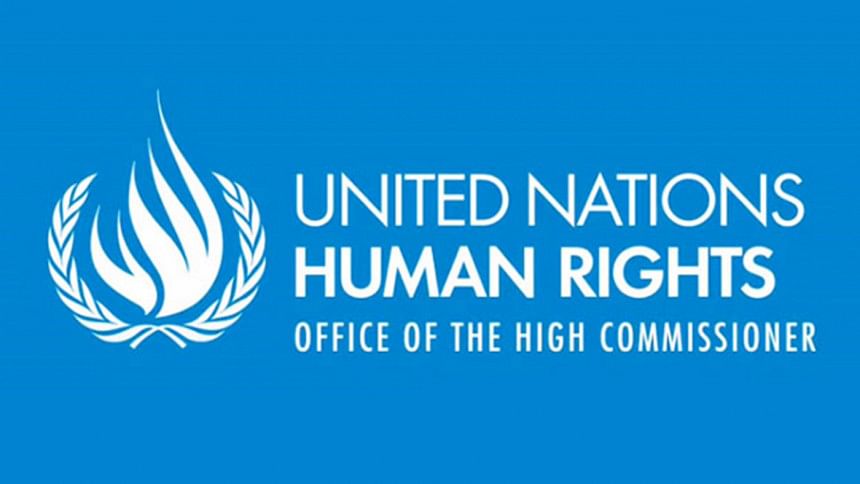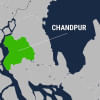UN deplores execution of 47 people in KSA

The UN High Commissioner for Human Rights Zeid Ra’ad Al Hussein today expressed deep regret that 47 people were executed in a single day in Saudi Arabia.
He also deplored the execution of Sheikh Nimr Al-Nimr and any other individual who had not committed a crime viewed “as most serious” under international human rights law.
“The category of ‘most serious crimes,’ for which the death penalty is still permissible, has been consistently interpreted by human rights mechanisms as being restricted to murder and other forms of intentional killing. In addition, the death penalty may only be carried out if there has been stringent respect of due process and fair trial guarantees, and full transparency throughout the process,” Zeid said.
“Convictions cannot be based on confessions obtained under torture and ill-treatment, or trial proceedings that fall short of international standards,” the High Commissioner said. “The application of the death penalty in these circumstances is unconscionable, as any miscarriage of justice as a result of capital punishment cannot be undone, and no justice system is totally free from human error.”
Zeid also expressed concerns about the recent sharp increase in the number of executions in Saudi Arabia, with at least 157 people put to death in 2015, compared to 90 executed in 2014, and lower numbers in previous years.
“Now we see almost one-third of the 2015 total executed in a single day,” he said, adding: “That is a very disturbing development indeed, particularly as some of those sentenced to death were accused of non-violent crimes.”
The UN high commissioner also urged the Saudi government to impose a moratorium on all executions and to work with the UN and other partners on alternative strategies to combat terrorism.
Since 2007, the UN General Assembly has adopted a series of resolutions calling on States that retain the death penalty to establish a moratorium on executions with a view to abolishing the death penalty altogether.

 For all latest news, follow The Daily Star's Google News channel.
For all latest news, follow The Daily Star's Google News channel. 








Comments